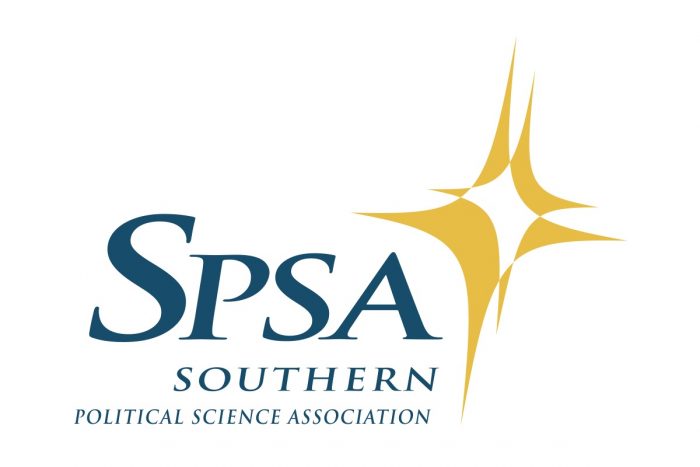2022 SPSA Workshops

The SPSA, in collaboration with KiND (the Institute for Knowledge innovation, Networking and Decision-making), is offering several professional development workshops at the 2022 Annual Conference in San Antonio. The cost for each workshop is $59 for a Half Day Workshop, and $109 for a Full Day Workshop. Fees can be paid while registering for the meeting, or by contacting the SPSA office at 912-739-2240. Details for each Workshop can be found below:
Wednesday, January 12th:
An Introduction to Big Data Analysis for the Social Sciences
Full Day Workshop: Wednesday, January 12, 9am-noon and 1:30pm-4:30pm
This introductory workshop introduces the basics of statistical analysis with big data. Big data has different definitions in various fields and businesses. An appropriate definition is that it is data that challenges one’s computational resources. We will spend time looking at the tools that allow social scientists to perform statistical tasks with such challenging data including data handling in R.
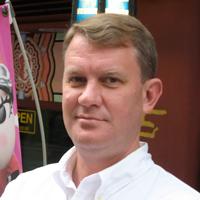
Instructor: Dr. Jeff Gill, Distinguished Professor in the Department of Government and the the Department of Mathematics, American University
Dr. Gill has done extensive work in the development of Bayesian hierarchical models, nonparametric Bayesian models, elicited prior development from expert interviews, as well in fundamental issues in statistical inference. Current applied work includes: blood and circulation physiology including how our bodies change these dynamics in times of stress such as injury, long-term mental health outcomes from children’s exposure to war, pediatric head trauma, analysis of terrorism data, survey research methodologies, and spatial analysis of social and biomedical conditions. He is also a member of American University’s Center for Behavioral Neuroscience and the founding director of the Center for Data Science.
Working with Concepts
Full Day Workshop: Wednesday, January 12, 9am-noon and 1:30pm-4:30pm
Concepts are foundational to the social-science enterprise. This workshop introduces you to new ways to think about and work with them derived from interpretivist methodology. In contrast to the more widely-known positivist approach of concept “formation”or “reconstruction” (the formulation of a technical, neutral vocabulary for measuring, comparing, and generalizing), what you will learn in this workshop is an approach that I call “elucidation.”
Elucidation includes both an investigation into the language of daily life and a reflexive examination of social-science technical language. It is intended to illuminate both the world views of the people that social scientists wish to understand and the ways in which social scientists’ embeddedness in particular languages, historical eras, and power structures shapes the concepts with which they do their work.
Instructor: Dr. Frederic Schaffer, Professor of Political Science, University of Massachusetts, Amherst
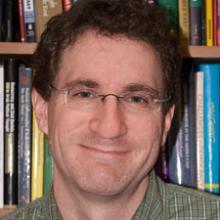
Dr. Schaffer teaches courses on comparative politics and language-focused methods. He also teaches ethnographic interviewing at the Institute for Qualitative and Multi-Method Research in Syracuse, New York. He is a board member and past chair of the Committee on Concepts and Methods of the International Political Science Association and executive board member of the Interpretive Methodologies and Methods group of the American Political Science Association.
Thursday, January 13th:
Experiments in the Social Sciences
Full Day Workshop: Thursday, January 13, 9am-noon and 1:30pm-4:30pm
In this workshop, we will discuss the logic of experimentation, its strengths and weaknesses compared to other methodologies, and the ways in which experimentation has been — and could be — used to investigate political, social, and economic phenomena. Emphasis will be placed on field experiments, randomized trials conducted in real-world settings. Examples will be drawn from a broad array of disciplines.
Instructor: Dr. Donald Green, J.W. Burgess Professor of Political Science at Columbia University
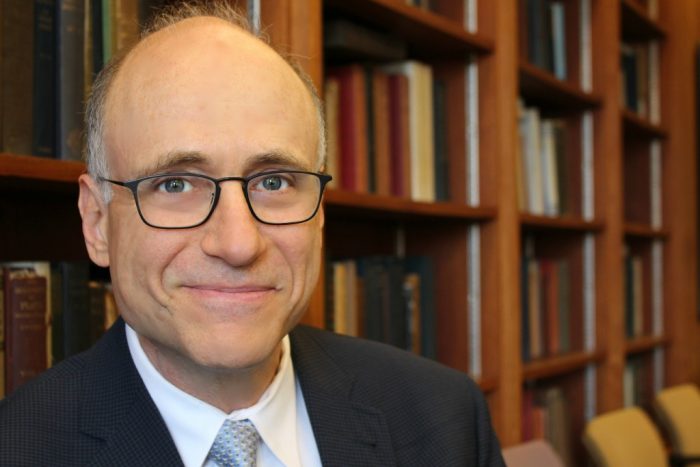
The author of four books and more than one hundred journal articles, Dr. Green studies a wide array of topics: voting behavior, partisanship, campaign finance, hate crime, and research methods. Much of his current work uses experiments to study the ways in which political campaigns mobilize and persuade voters. He was elected to the American Academy of Arts and Sciences in 2003 and was awarded the Heinz I. Eulau Award for the best article published in the American Political Science Review during 2009. In 2010, he helped found the Experimental Research section of the American Political Science Association and served as its first president. He moved to Columbia University after spending 22 years in the political science department at Yale University.
Getting out of the ivory tower and changing policy: how to improve your public affairs skills
Full Day Workshop: Thursday, January 13, 9am-noon and 1:30pm-4:30pm
More than ever, academics are being told that “knowledge translation” is an important component of their research agenda. However, this shouldn’t be limited to merely publishing in academic journals or going to conferences. Instead, getting your research into the mainstream using public affairs can not only enhance your scholarship, it can change the direction of public policy. This workshop provides a number of important ways academics can work with journalists, policy experts, government and community experts to form relationships that can improve the dynamic between the academic and the public, creating a knowledge network that extends beyond the ivory tower. Included will be the opportunity to learn how to work with media, writing opinion pieces and policy briefing notes. There will be opportunities for in-class feedback – all with the aim to increase your confidence in talking about your expertise with those holding the microphone.
Instructor: Dr. Shannon Sampert, Communications Consultant, Columnist, Owner of Media Diva
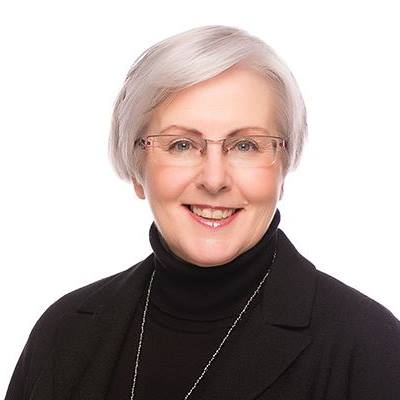
Dr. Sampert is a journalist, media consultant and academic with a research portfolio that focuses on gender, media and Canadian politics and law. She is the recipient of the Eakins Fellowship at the McGill Institute for the Study of Canada where she teaches Public Affairs. She also is a regular political columnist for the Winnipeg Free Press, where she was the first –and so far only – female editor of the editorial board. Her recent contracts include Policy Options and the Canadian Association of Former Parliamentarians.
Friday, January 14th:
Discourse Analysis
Full Day Workshop: Friday, January 14, 9am-noon, 1:30pm-4:30pm
This workshop is aimed at participants who work (or intend to work) with discourse analytic methods and would like to have an opportunity to discuss their work, and in particular their methodological issues. It will be structured around the interrogations of the participants who will be invited to send along some preliminary information (see below) and to present their projects. Typical questions that will likely be on the agenda include:
- the specificity and uses of a discourse analytic lens (as opposed to other approaches to data analysis) and its relations with other approaches (such as discursive institutionalism or textual analysis).
- turning discourse analytic ideas into methodological tools (the “how to” of DA)
- the methodological process underlying discourse analysis (in particular the process of building up interpretations);
- interpretive validity
- the usefulness (or not) of software for discourse analytic endeavors
Instructor: Dr. Lea Sgier, Senior Lecturer in qualitative methodology at the Political Science Department of the University of Geneva, Switzerland.
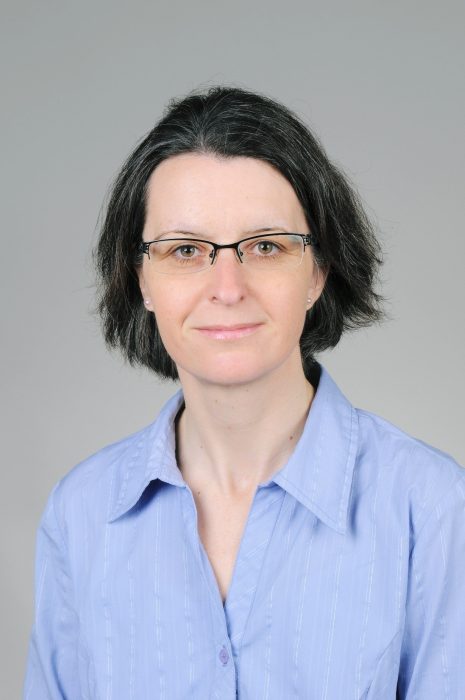
Dr. Sgier teaches qualitative data analysis, discourse analysis, qualitative interviewing and academic writing for political and social scientists. She is also and instructor at a number of methodology graduate programs, such as the Essex Summer School in Social Science Data Analysis, the ECPR Methods Schools, and the HK Postgraduate Program in Research Methods. Her fields of interest are qualitative-interpretive methodology, gender and politics and social policy (old age, dementia and youth policy in particular). She has just completed a project on voting and political participation of older people in nursing homes in Switzerland, based on interviews, ethnographic fieldwork and an organizational survey. She currently collaborates on a project on formerly institutionalized youths’ life trajectories.
Saturday, January 15th:
Revising and Submitting for Publication
Half Day Workshop: Saturday, January 15, 1:30pm-4:30pm
For many of us drafting a manuscript can be one of the most difficult steps in the research process. And sometimes our best efforts to revise and resubmit are not successful. Why is that? This workshop will begin an overview of the main reasons that manuscripts are rejected and offer tips for addressing those shortcomings and producing a publishable paper for a specific audience. Participants will apply the principles of academic storytelling to address the goals of the author-researcher and the demands of the editor/reviewer and the reading audience. That means identifying the key message and how to shape that message for the intended audience in a particular outlet – be it a journal, news article, op-ed, press release, and other non-text-based outlet. Participants will dig into important but sometimes overlooked elements of a manuscript such as drafting a good title, choosing appropriate keywords and writing a strong abstract. Software tools and strategies for editing, proofreading and polishing a final draft will also be discussed.
Instructor: Dr. Diana Gustafson
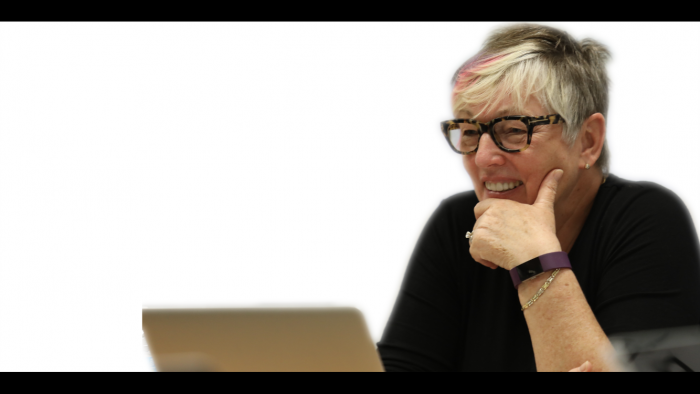 Dr. Gustafson is a Professor of Social Science and Health in the Faculty of Medicine, and affiliate faculty in the Department of Gender Studies at Memorial University. Together these positions allow her to pursue her commitment to health-related social justice issues in teaching and community-based research. More recently she has merged her academic interest in women’s health experiences and narrative inquiry with her personal passion for storytelling and writing.
Dr. Gustafson is a Professor of Social Science and Health in the Faculty of Medicine, and affiliate faculty in the Department of Gender Studies at Memorial University. Together these positions allow her to pursue her commitment to health-related social justice issues in teaching and community-based research. More recently she has merged her academic interest in women’s health experiences and narrative inquiry with her personal passion for storytelling and writing.
Working With Election Studies
Full Day Workshop: Saturday, January 15, 9am-noon, 1:30pm-4:30pm
This is a workshop on applied statistical methods for analyzing electoral choice in
contemporary mature democracies. Only minimal prior knowledge of statistics through
an introduction to the standard OLS regression model is assumed. Example analyses use
data from the instructor's national surveys for the 2016 and 2020 American presidential
election, the 2017 and 2019 British general elections, the 2016 UK Brexit referendum
and the 2019 and 2021 Canadian federal elections. After discussing the binomial logit
and probit models and the multinomial logit model, the mixed logit and multinomial
probit models are presented. Finite mixture models for studying electoral choice in
polarized electoral contexts are discussed. Recently developed models that assume
random regret rather than utility maximization are also considered. Example analyses
use the Stata, R and Nlogit programs and will be made available to students.
Instructor: Dr. Harold Clarke
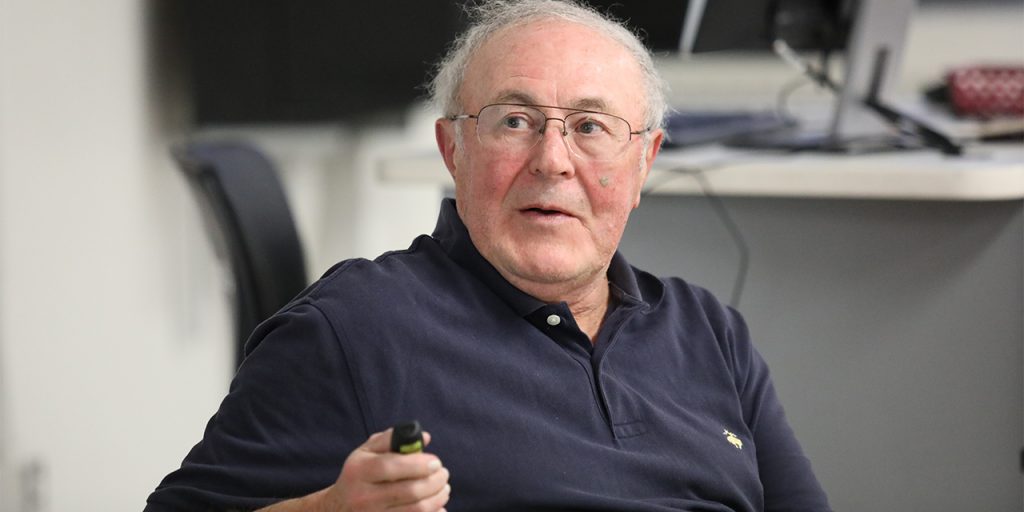
Dr. Harold D. Clarke, Ashbel Smith Professor of Political Economy at the University of Texas, Dallas, received his PhD from Duke University and bachelor’s and master’s degrees from the University of Western Ontario. Clarke is an internationally recognized expert on voting and elections. His research focuses on electoral choice and the political economy of party support in Great Britain, the U.S. and Canada. His studies have been supported by the National Science Foundation, the Economics and Social Research Council (UK), the Social Sciences and Humanities Research Council (Canada), and the Bill and Melinda Gates Foundation.
